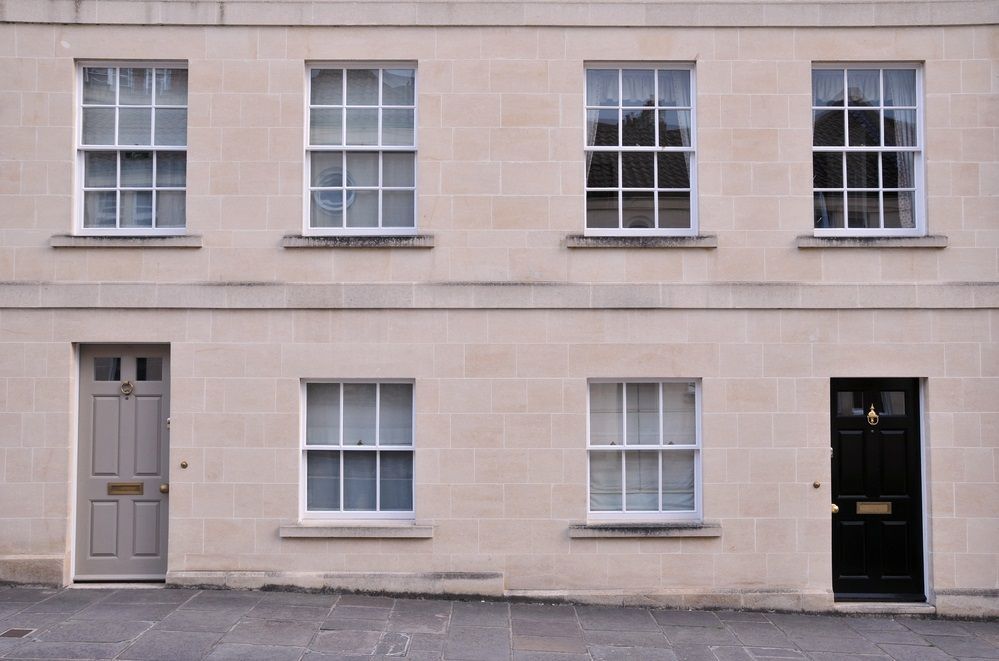News & Legislation
April 8, 2016
Stamp Duty changes: How will they affect you?
The recent budget confirmed that an additional 3% of Stamp Duty will be introduced on second homes, in an attempt to curb the growth of the private rental market. But what are the potential implications, especially for the vast majority of homeowners for whom purchasing a second property is a faraway dream? Marcus Whewell, CEO of The Guild of Professional Estate Agents, explores the possible outcomes.
The immediate impact has been to accelerate investment in so-called ‘Buy To Let’ properties, with a rush to complete before the new tax comes into force. Surprisingly, this has affected homes and flats up to £1.5m in value, not just those at the lower end of the price spectrum.
The UK is already suffering a severe shortage of new instructions (with buyer to vendor ratios at record levels), so the immediate impact will be to push up asking prices and limit availability for the remainder of the residential market. But what is likely to happen in the medium term?
I believe that the market for ‘Buy To Let’ is unlikely to fundamentally change, for several reasons:
- Despite the tax, yields on rentals remain on average higher than other investment options such as ISAs.
- Rental investments are perceived by many as ‘less risky’ than shares, commodities or pensions.
- House prices are likely to continue to rise faster than inflation, given the long-term imbalance of supply and demand, so equity growth is also highly likely.
If you are a Buy To Let Investor…
When the cost of buying a private rental property increases, rents would normally follow suit as landlords seek to maintain their margins / returns. For that reason, one likely effect is a rise in prices and rents. Also, many larger landlords (i.e. those with more properties) may now try to incorporate themselves to avoid the extra stamp duty.
Longer term, there are other measures being introduced to deter this sector of the market, such as no longer allowing the offsetting of mortgage costs against rental income for tax purposes. This might put off investors, or again just nudge up rents, but it’s difficult to say at this stage.
So the long-term trend looks unaltered, but you may need to keep hold of your investment for longer to recoup the additional taxes.
If you are a first timer buyer…
The extra ISA and saving allowances will help those saving for a deposit, but this could easily be cancelled out by higher rents or continuing house price rises. In fact, the latest statistics from ONS show that there has been an 8.6% rise in property prices in the last 12 months in England. Therefore, on first analysis, it seems there is little here to assist the aspiring homeowner.
Overall, what is really needed to make a fundamental difference for the first time buyer is an expansive, affordable housebuilding programme.
Or an existing homeowner looking to move…
You are probably the least affected of all the groups. Purchase prices may nudge up a little, but so in the majority of cases will the value of the home you are selling.
Fundamentally, barring some significant external shocks from the forthcoming Euro referendum (another story), residential property will remain in short supply against rising demand (growing population, smaller family units. people living longer, people less willing to downsize) – so buying a house, in many people’s eyes, remains ‘a one-way bet’.
The one caveat here is potential interest rates rises. Rates are unrealistically low and many mortgagees have no significant ‘rainy day’ savings, especially as they are already stretching their finances to secure the property of their choice. It has been estimated that current rates are between 1% and 2% below long-term sustainable levels, and the unwinding of quantitative easing may start this correction process.
So a summary could easily be that the Government has decided to collect some relatively ‘easy money’ to try to help balance the books - but it has missed the fundamental flaw in the property market. To adapt a famous phrase, ’it’s the supply, stupid!’.








